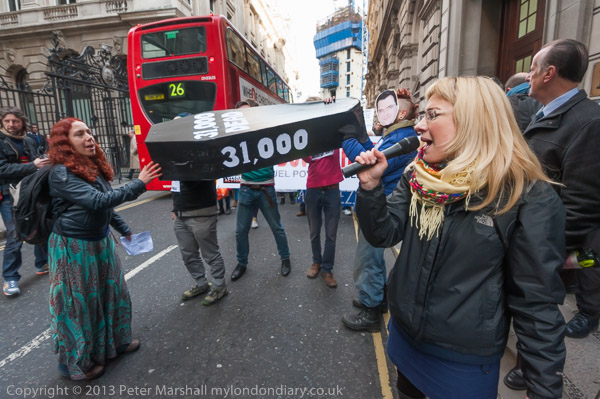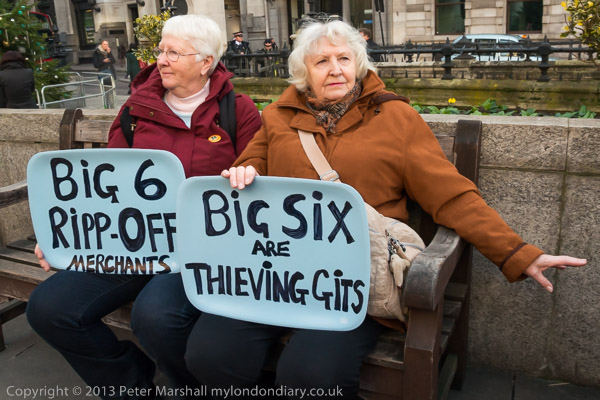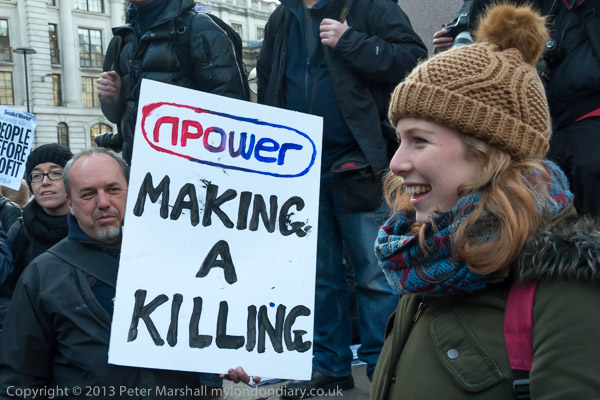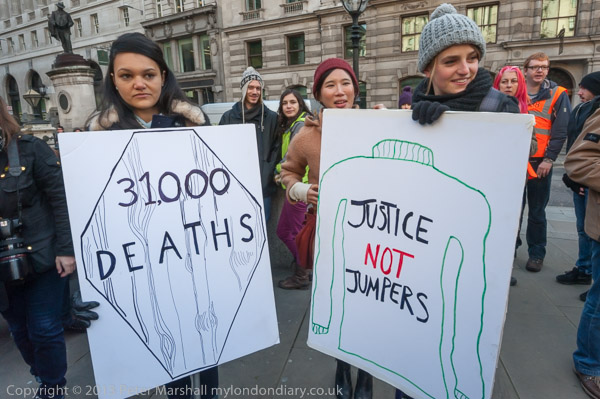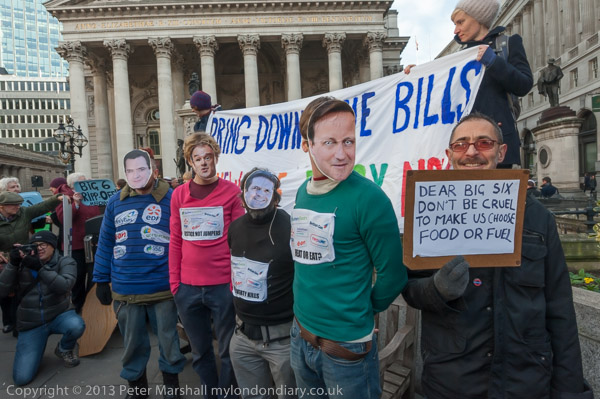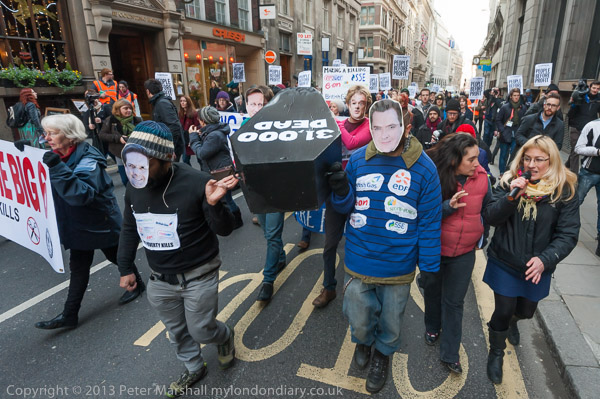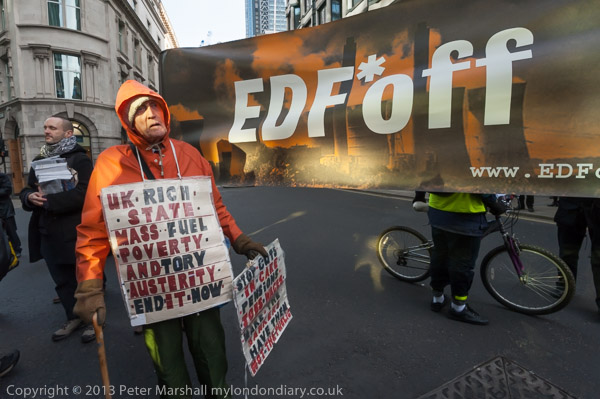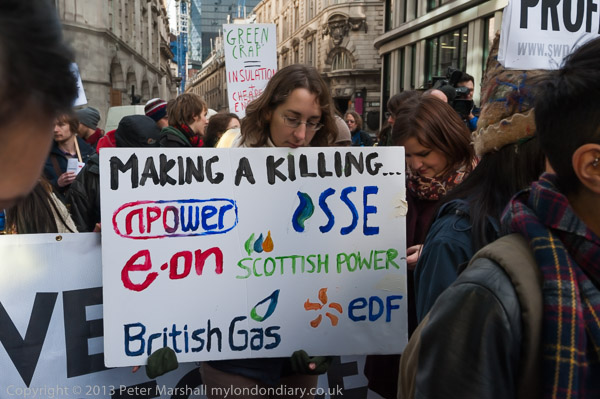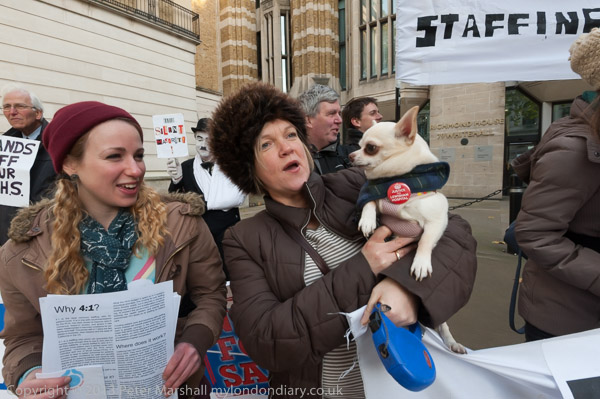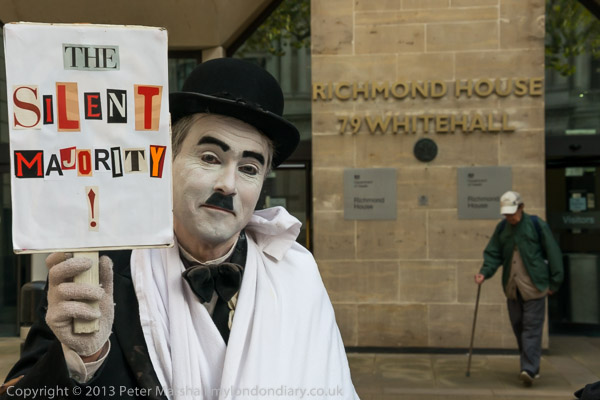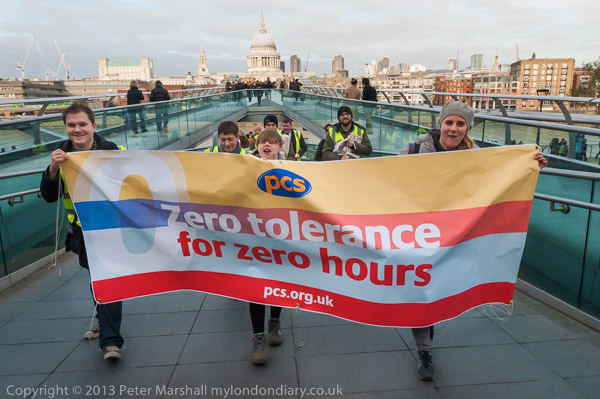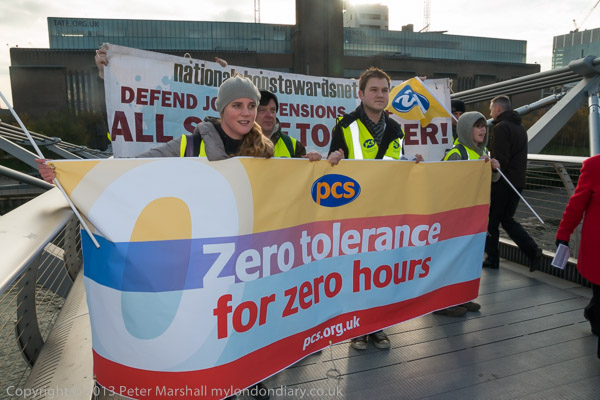Save Hospitals & Secular Europe: On Saturday 15th September 2012 almost two thousand people marched from Southall to meet others at a rally in Ealing to save Accident & Emergency Services at their local hospitals. Later I photographed humanists, atheists and others marching in Westminster.
Thousands March to Save Hospitals – Southall
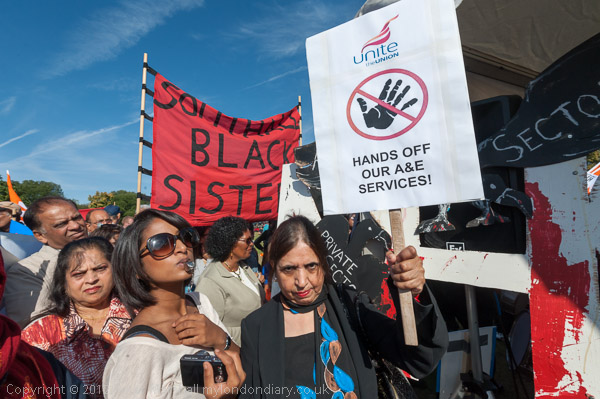
A large crowd had come to Southall Park for the start of a march against the the closure of A&E and other departments at Ealing, Central Middlesex, Charing Cross and Hammersmith hospitals. Another march was going from Acton to the rally in Ealing.

A few days ago Keir Starmer talked about the crisis facing the NHS, and how it will take perhaps eight years to put it on a firmer footing for the future. He and Health Secretary Wes Streeting blamed its current parlous position on the reforms criticised by Lord Darzi as “disastrous” introduced by the coalition government in 2012 and the lack of investment in infrastructure under the Tory-led years of cuts since 2010.

Of course both these things are true, but not the whole picture and they say little that was not said by those working in the NHS and almost every commentator at the time about Andrew Lansley’s controversial Health and Social Care Act which came into force under his successor Jeremy Hunt, as well as lack of proper funding.

But they also leave out the disastrous effects of the many PFI schemes introduced under New Labour which landed the NHS with huge debts and continue to impose severe costs on many hospitals with excessive maintenance and other charges. PFI did provide much needed new hospitals, but did so at the expense of the NHS, transferring the costs away to make government finance look better; avoiding short-term public financing but creating much higher long-term costs.

New Labour also accelerated the privatisation of NHS services, which has of course increased greatly since the Tories came to power. Both parties became enamoured of a move away from the original NHS model to an insurance based system modelled on US Healthcare, a system that leaves many poorer US citizens with inadequate access to healthcare and is responsible for around 62% of the two million annual bankruptcies in the USA when for various reasons people’s insurance does not cover their treatment costs.
We in the UK spend almost a fifth less on health than the EU average, and only around a third of the per person spending in the USA – according to a 2010 article in the Journal of the Royal Society of Medicine comparing the two systems.

We all now have complaints about the level of service provided currently by our overloaded and cash-strapped NHS. Waiting times are sometimes ridiculously long and appointments hard to get. We need a better NHS, and to pay more for a better NHS, one that is better integrated rather than divided by Lansley’s competitive marketing-based model. But I have little confidence that our current government will make the right changes for either the NHS staff or the people.

We also need much better industrial relations, and the efforts by the new Labour government to sort out the disputes with healthcare workers deliberately engineered by the Tories which led to the strikes are encouraging. But many more changes to improve staff morale and retention are necessary. To remove the reliance on agency staff there needs to be an improvement in the treatment of NHS employed staff – and a number of simple measures including the removal of staff parking charges would help. And of course we also need to train more healthcare staff at all levels and in all specialities.

The rally on 15th September 2012 was supported by local councils and local MPs and there were many speakers with years of experience in the NHS who gave short speeches about the effects the closures would have – and the inevitable deaths that would result, particularly from the longer journey times through often highly congested streets to the remaining A&E services. Fortunately most of the politicians were told they would have to wait for the rally at the end of the march to speak. So I missed them as I walked a few hundred yards with the marchers along the main road towards Ealing and the rally, but then left them and walked to the station to take a train into central London.
More about the rally and march on My London Diary at Thousands March to Save Hospitals.
March & Rally for a Secular Europe – Westminster
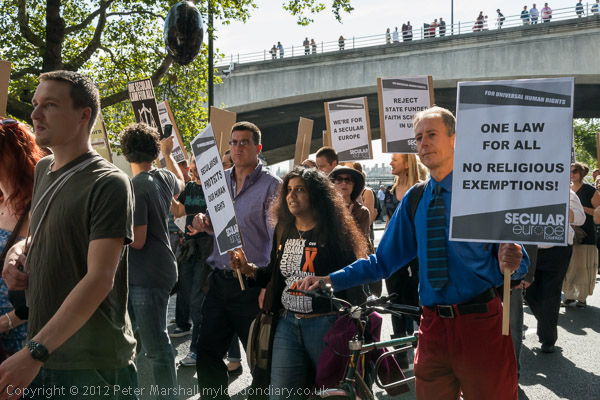
Around 250 humanists, atheists and others marched from Storey’s Gate, next to Methodist Central Hall and across the road from Westminster Abbey, both in their different ways reminders of the links between the state and states and religion. And I presume the rally venue in Temple Place was chosen for the same reason.

They had come protest against the privileged status of religion and call for a truly secular society with freedom of religion, conscience and speech with equal rights for all in countries across the world, but particularly in Europe.
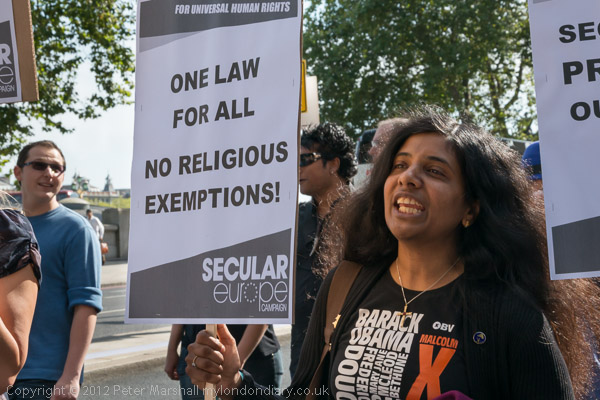
They demanded a secular Europe with complete separation between church and state and with no special status on grounds of religion, one law for all without execeptions.

The main banner read ‘For Universal Human Rights‘ and marchers chanted slogans including ‘2,4,6,8, Separate church and state‘ and of course ‘What do we want? A Secular Europe. When do we want it? Now‘, as well as stating that Women’s rights (and Gay Rights, Children’s Rights etc) are Human Rights.

But perhaps the most popular chant was one directed in particular against the Catholic Church, ‘Keep your rosaries Off my ovaries.” And at the rally in Temple Place Sue Cox of Survivors Voice, reminded us not just of sexual abuse of children by priests, but also of the continuing failure of the Catholic Church to deal with this, as well as the sinister power that that church still wields in countries including Italy.

As the march arrived at the rally there the London Humanist Choir performed some Monty Python songs before a number of speeches from Peter Tatchell and others. As he said, many people of faith also support both equality and the separation of religion and state, and that “for every bigot there are also people of faith who are with us.”
More at March & Rally for a Secular Europe.
Flickr – Facebook – My London Diary – Hull Photos – Lea Valley – Paris
London’s Industrial Heritage – London Photos
All photographs on this page are copyright © Peter Marshall.
Contact me to buy prints or licence to reproduce.
